









The ten Federal Scientific Institutions (FSI), which are part of the Belgian Science Policy, have conserved, developed, studied and promoted an exceptional scientific, artistic and historical heritage for more than two centuries. Their national and international vocation is reflected in their specific missions of public scientific service, research and contribution to the international image of Belgium.
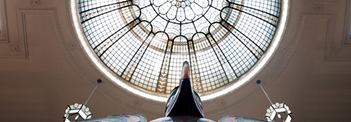
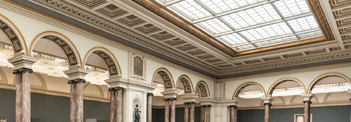
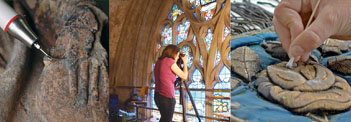
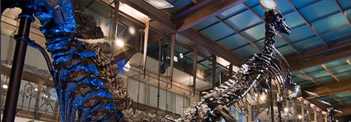
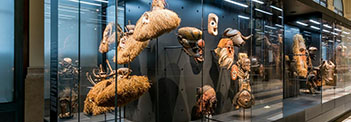




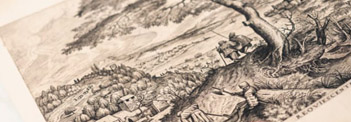
Organic regulation (unofficial coordination)
Citizen Science (CS) CS-initiatives of the Federal Scientific Institutes (FSI) ![]()
Citizen science gives individuals the opportunity to participate in scientific endeavours, gathering valuable data that helps researchers in solving complex problems and advancing our understanding of the world around us.
VisitorsObservatory of the Federal Scientific institutes ![]()
The Visitors Observatory carries out research on the users and visitors of the 10 Federal Scientific Institutions.
DIGIT Digitization Programme of the Belgian Science Policy ![]()
Preserving Belgium's rich cultural and scientific heritage and disclosing those valuable assets for researchers and the general public is important.
FEDERESCUE: Federal Rescue Strategy for Science and Cultural Heritage [in Dutch ![]() or French
or French ![]() ]
]
Friends of the Federal Scientific Institutions